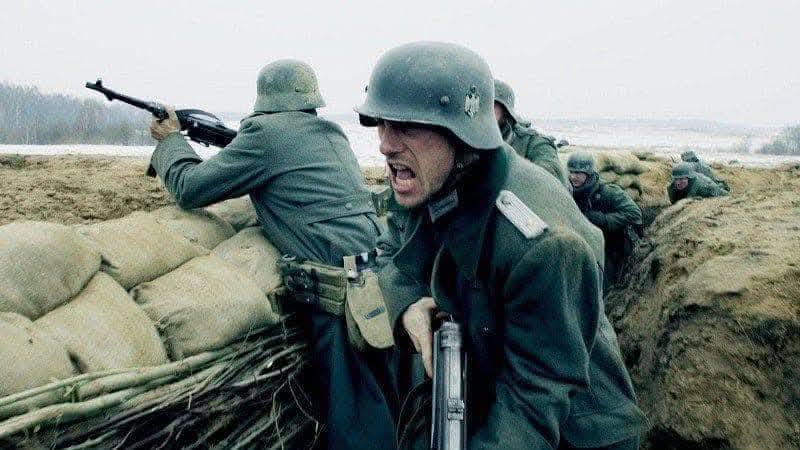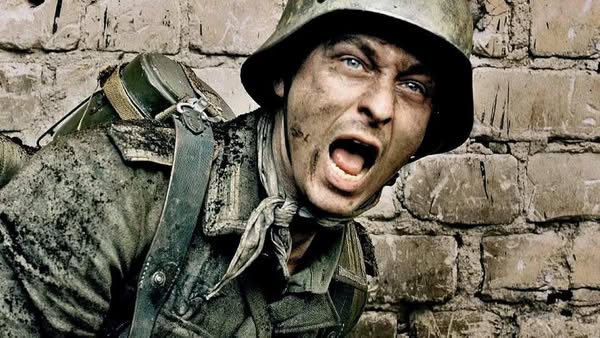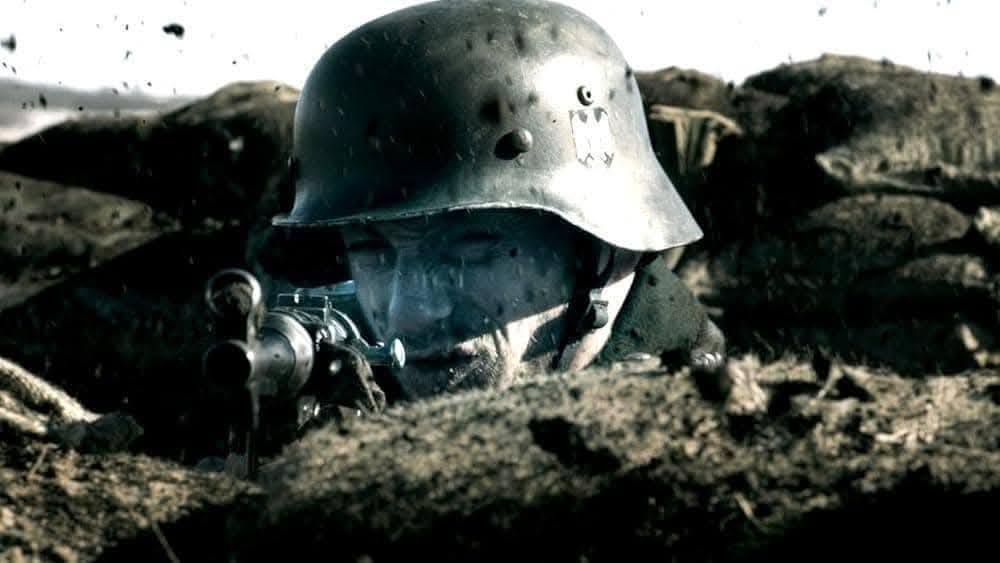“Generation War” (2013)


Set between 1941 and 1945, Generation War follows five close friends from Berlin as they embark on divergent paths during World War II. Wilhelm and Friedhelm are deployed to the Eastern Front, Charlotte volunteers as a nurse, Greta pursues a singing career, and Viktor faces the escalating dangers of being Jewish in Nazi Germany. Their intertwined stories depict the brutal realities of war, the erosion of innocence, and the moral dilemmas faced by individuals under a totalitarian regime.
The series has received a 60% “fresh” rating on Rotten Tomatoes, signifying mixed reviews. Some critics praised its realistic portrayal of war and the acknowledgment of the Wehrmacht’s role in atrocities. However, others criticized it for its soap opera-like melodrama and sometimes implausible plot points. The series has been praised in Germany for its realistic portrayal of war and the acknowledgment of the Wehrmacht’s role in atrocities. However, it has also been criticized for its soap opera-like melodrama and sometimes implausible plot points.

The narrative begins in 1941, when the friends, still brimming with hope and naivety, share a brief moment of camaraderie and promise to reunite after the war. As the series progresses through the years of conflict until the fall of Nazi Germany in 1945, the characters are forced into roles that challenge their deepest beliefs. An idealistic officer who gradually becomes disillusioned by the brutal exigencies of the war, a sensitive soldier torn between duty and a deep-seated aversion to bloodshed, a dedicated nurse struggling with personal and ethical conflicts, an ambitious young woman who sacrifices her integrity to survive under a repressive regime, and a Jewish tailor who must navigate a life fraught with danger and prejudice are all central to the story. Their intertwined destinies highlight not only the impact of the war on the individual psyche but also raise difficult questions about responsibility, victimhood, and complicity.
 The miniseries is noted for its high production values, with authentic locations across Germany and Eastern Europe providing a vivid representation of the wartime environment. Its unflinching portrayal of the violence, moral compromise, and historical complexities of the era sparked significant debate, both in Germany and internationally. Critics praised Generation War for its ambitious narrative and its willingness to confront a painful past, while others questioned its portrayal of historical events, particularly concerning issues such as the Holocaust and the actions of the Polish resistance. Despite these controversies, Generation War remains an important work that challenges viewers to engage with the complexities of history and remember that the human cost of war extends far beyond the statistics.
The miniseries is noted for its high production values, with authentic locations across Germany and Eastern Europe providing a vivid representation of the wartime environment. Its unflinching portrayal of the violence, moral compromise, and historical complexities of the era sparked significant debate, both in Germany and internationally. Critics praised Generation War for its ambitious narrative and its willingness to confront a painful past, while others questioned its portrayal of historical events, particularly concerning issues such as the Holocaust and the actions of the Polish resistance. Despite these controversies, Generation War remains an important work that challenges viewers to engage with the complexities of history and remember that the human cost of war extends far beyond the statistics.











